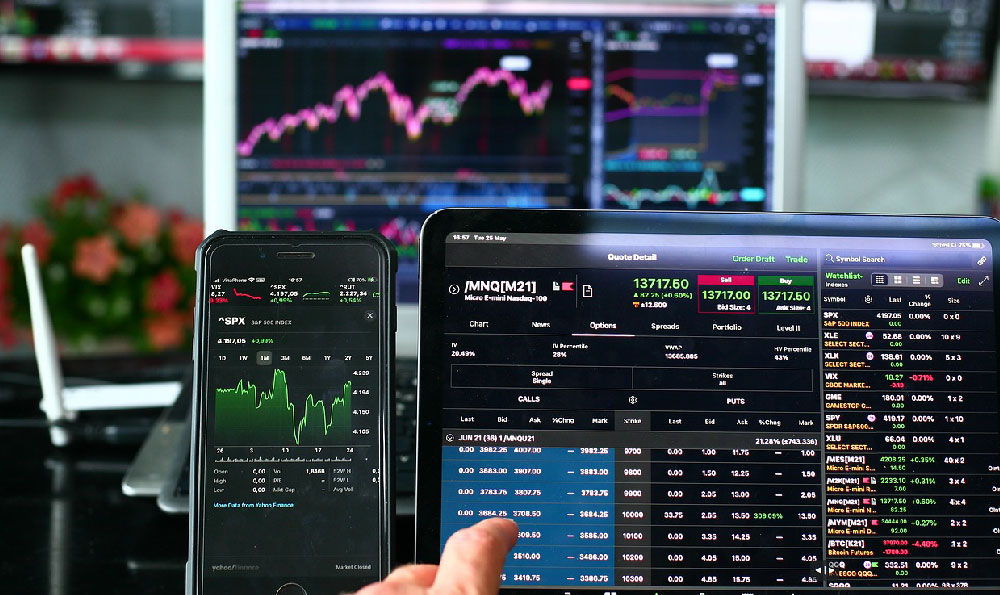The allure of cryptocurrency mining pools is undeniable. They promise a smoother, more predictable stream of income compared to the often volatile and unpredictable reality of solo mining. The question of whether joining a pool is "worth it" and whether you "should invest" isn't a simple yes or no. It depends heavily on a multitude of factors, ranging from your financial resources and technical expertise to your risk tolerance and long-term investment goals.
To truly evaluate the worthiness of joining a mining pool, one must understand the fundamental mechanics and economics involved. Solo mining, while potentially more profitable if you strike gold and find a block yourself, is akin to buying a lottery ticket. You invest in expensive hardware, expend energy, and hope that your luck and the network's inherent randomness align in your favor. This can lead to long periods of no rewards, followed by a sudden, large payout. For many, especially those with limited resources, this variability is unsustainable. It becomes difficult to cover operating costs, and the emotional toll of constant uncertainty can be significant.
Mining pools, on the other hand, aggregate the computational power of many miners, creating a much larger and more consistent force within the network. When the pool successfully mines a block, the reward is distributed proportionally among the participants based on their contributed hash rate. This distributes the risk and reward, resulting in smaller, more frequent payouts. It's like investing in a diversified portfolio rather than betting everything on a single stock.

The "worth it" calculation starts with an assessment of your hardware. What is your hash rate? What is your power consumption? What are your electricity costs? These factors directly impact your potential profitability. Before even considering a pool, calculate your break-even point. How long will it take to recoup your hardware investment and cover ongoing operating expenses? Several online mining calculators can assist with this, but remember that these are estimates, and network difficulty and cryptocurrency prices fluctuate constantly.
Once you have a baseline understanding of your individual mining capabilities, you can begin to evaluate different mining pools. Not all pools are created equal. Consider the following:
- Pool Size and Hash Rate: Larger pools generally find blocks more frequently, leading to more consistent payouts. However, larger pools also mean that your individual share of the reward will be smaller. Smaller pools may offer higher rewards per block found, but the frequency of these rewards will be significantly lower. It's a balancing act.
- Pool Fees: Mining pools charge fees to cover their operating costs. These fees are typically a percentage of your earnings. Compare the fees of different pools carefully. Even a seemingly small difference can significantly impact your long-term profitability.
- Payment Methods and Thresholds: Understand how the pool distributes rewards and the minimum threshold for payouts. Some pools offer multiple payment methods, while others may only offer one. A high payout threshold can mean that it takes a long time to receive your earnings, which can be problematic if you need to cover immediate expenses.
- Pool Reliability and Uptime: A mining pool that experiences frequent downtime or technical issues can be detrimental to your profitability. Research the pool's reputation and uptime history before committing your resources. Look for reviews and testimonials from other miners.
- Pool Security: Ensure that the pool has robust security measures in place to protect against hacks and attacks. Look for features like two-factor authentication and regular security audits.
Beyond the purely economic considerations, there are other factors to consider. For instance, some individuals choose to mine as a way to support the cryptocurrency network and contribute to its decentralization. Others are interested in learning about the technology and participating in the crypto community. If these factors are important to you, they may outweigh purely financial considerations.
Regarding the "should you invest" aspect, it's crucial to distinguish between investing in mining hardware and investing in cryptocurrency. Mining is a capital-intensive endeavor that requires significant upfront investment and ongoing maintenance. It's not a passive income stream. Cryptocurrency investment, on the other hand, involves buying and holding cryptocurrency with the expectation that its value will appreciate over time. These are two distinct strategies with different risk profiles.
If you're considering investing in mining hardware to join a pool, treat it as a business venture. Develop a comprehensive business plan, conduct thorough research, and understand the risks involved. Don't invest more than you can afford to lose. Also, be aware of the potential for technological obsolescence. Mining hardware can become outdated quickly as new and more efficient equipment is developed.
Finally, remember that the cryptocurrency market is highly volatile. What is profitable today may not be profitable tomorrow. Network difficulty can increase, cryptocurrency prices can fall, and regulations can change. Stay informed, adapt your strategies as needed, and always prioritize risk management. Diversification is key in the crypto world, and mining is only one piece of the puzzle. Don’t put all your eggs in one basket.












